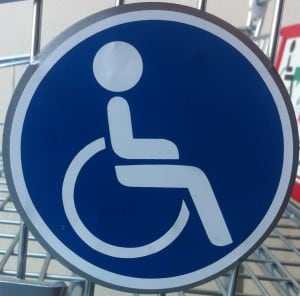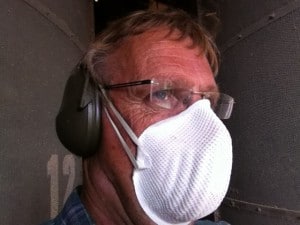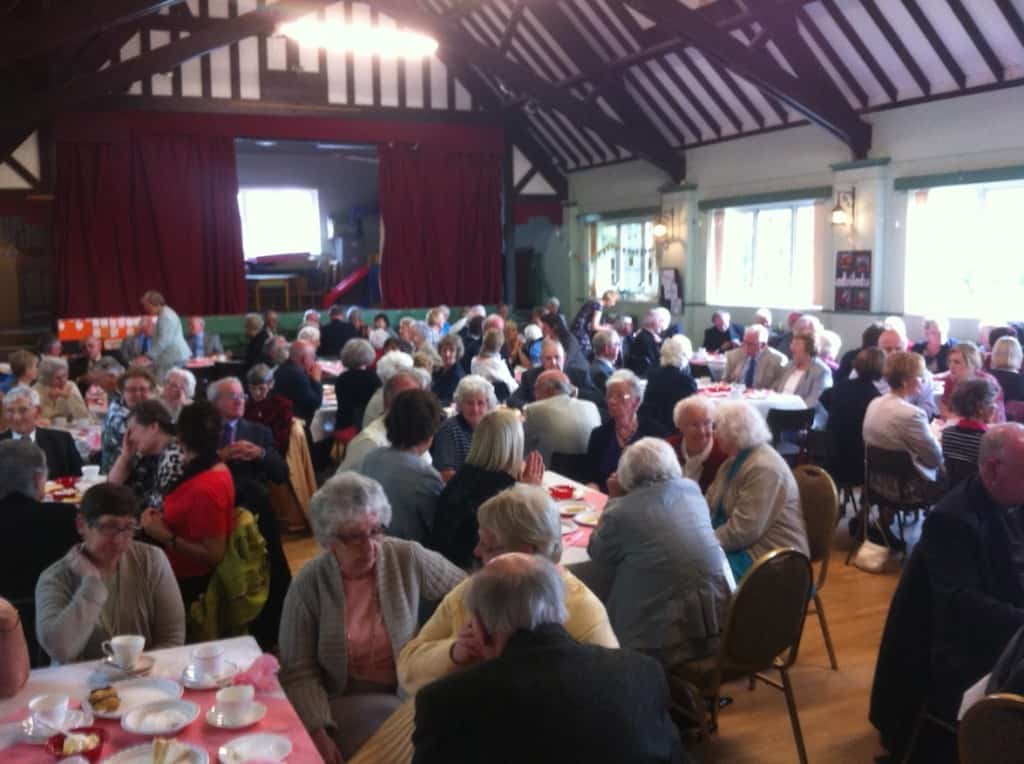 Some considered the Paralympics to be a runner-up to the Olympics. I believe that is no longer the case. Channel Four’s coverage in the UK has been remarkable, they have greatly helped change perceptions through their brave and ground-breaking broadcasts and presenters. The public’s insatiable appetite for entertaining, exciting and successful sporting action has enabled most to see beyond the missing arms, legs and other disabilities. Individual stories have uplifted a nation and reminded us that you don’t have to look far to find someone worse off than you, however once found they don’t seek pity, nor charity but acceptance and the odd Personal Best…
Some considered the Paralympics to be a runner-up to the Olympics. I believe that is no longer the case. Channel Four’s coverage in the UK has been remarkable, they have greatly helped change perceptions through their brave and ground-breaking broadcasts and presenters. The public’s insatiable appetite for entertaining, exciting and successful sporting action has enabled most to see beyond the missing arms, legs and other disabilities. Individual stories have uplifted a nation and reminded us that you don’t have to look far to find someone worse off than you, however once found they don’t seek pity, nor charity but acceptance and the odd Personal Best…
What was the moment you forgot the person was not simply disabled but a World-class Athlete?
Was it the tirade in the velodrome: “Four f*cking years I trained for this”?
(or the apology afterwards?)
or
Sarah Storey catching up with the men’s road race?
or
Ellie Simmonds unbelievable speed down the length of the pool?
or
Richard Whitehead’s amazing win in the 200 metres?
or
The shock realisation that you hadn’t noticed the commentator’s missing arm despite having watched him give numerous track-side reports?
or
The discovery that the Paralympics is not the only championships where disabled athletes can compete?
Finally…
For me, the individual story that I shall always remember, is how American gold medal winner, wheel-chair racer Tatyana McFadden came to the games. I make no apology for repeating it here.
Tatyana was born with spina bifida, paralysed from the waist down. She was adopted from a Russian orphanage at the age of six by an American, Deborah McFadden, who bought Tatyana her first wheel chair and then encouraged her to participate in sports as a way to keep healthy.
Mrs McFadden has said that every time she introduced Tatyana to a sport, she took to it right away: swimming, gymnastics, wheelchair basketball and downhill skiing. Apparently she kept saying “ya sama”, in Russian it doesn’t mean ‘I can do it’, it means ‘I can do it myself’.
After the Paralympics in Athens, aged 15, she returned to high school (having won a silver and bronze medal) with a wish to be part of the high school track team. but on the eve of the first meeting the coach refused to give her a uniform, she wouldn’t be allowed to compete. However after a complaint by her mother she was allowed to race. The other competitors in the 400 metres ran first and then the meeting was stopped and Tatyana was allowed to race – on her own.
Tatyana and her mother sued the Howard County Public School System. Deborah Mc Fadden had been head of the US Administration on Developmental Disabilities in 1990 when President George Bush signed the Americans with Disabilities Act that banned discrimination against people with disabilities. The lawsuit-sought clarification on how disability rights laws applied to high school sports. Tatyana wanted to compete alongside other high school students.
Her action was not only for herself, but also for others including her sister, Hannah, now also a world-class athlete.
Tatyana now attends the University of Illinois on a sports scholarship. More and more of these are now being offered to athletes with disabilities.
In an interview with NPR (National Public Radio), Deborah McFadden is quoted as saying: “I never set out to say, ‘Hmmm, I wonder how I can make her a Paralympian’, I was thinking, ‘How can I keep her alive?’”
I shall leave the final word to ‘Last Leg’ presenter Adam Hills, who said last night on Channel Four: “Sydney was the first games where Paralympians were treated like equals – London was the first time they were treated like heroes.”
The world has changed for the better, lets hope the change is everlasting.
Baldock Bard
Sources: npr.org, imgace.com, twitter.com, google.com, tatyanamcfadden.com, wikipedia.org
 Yesterday I had a very busy Inbox – ‘you have comments awaiting moderation!’ The number made me both celebratory and cautious at the same time: I’d either upset a whole host of readers or I’d touched a nerve in a more positive way. Trawling through them I discovered they were a product of Spiced Ham…
Yesterday I had a very busy Inbox – ‘you have comments awaiting moderation!’ The number made me both celebratory and cautious at the same time: I’d either upset a whole host of readers or I’d touched a nerve in a more positive way. Trawling through them I discovered they were a product of Spiced Ham…























